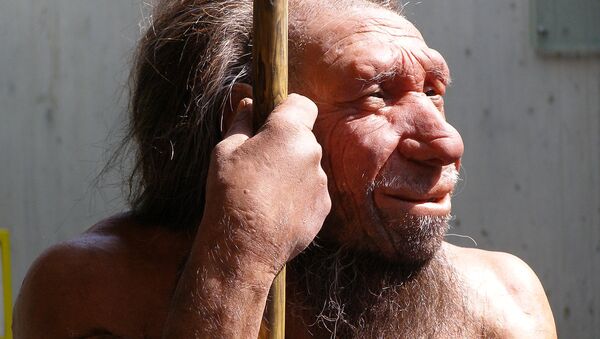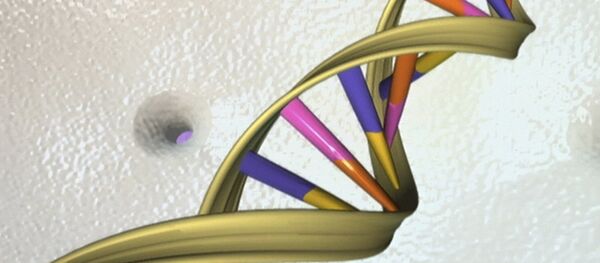"On average, there has been weak but widespread selection against Neanderthal genes," said Graham Coop, professor in the UC Davis Department of Evolution and Ecology and Center for Population Biology
"Resurrection" and the decoding of Neanderthal genome, conducted by Svante Paabo and his team in 2009, showed that the Neanderthals contacted our ancestors and left about 2-4% of their genes in our DNA. According to the further studies, some of these genes helped Cro-Magnon men to adapt to the north climate, giving them a strong immune system and other useful features.
One of the possible reasons for the disappearance of the Neanderthals is due to the excessively small size of their population, or almost complete genetic incompatibility between them and the Cro-Magnons.
"One of the things that's really interesting here is that if Neanderthals had had a larger population size or humans had had a smaller population size, we might have ended up with a lot more Neanderthal genome in our modern genomes," Coop says.
However, they found not only the disappearance of individual genes of Neanderthals but also a gradual and slow vanishing of all traces of them in human DNA.
Such an "extinction" of genes means that natural selection has worked against variations of Neanderthal DNA, probably for the reason that they generally had a negative effect on the "health" of the human population. This also supports the theory of degeneracy of the Neanderthals and explains why people today have small traces of their DNA.



